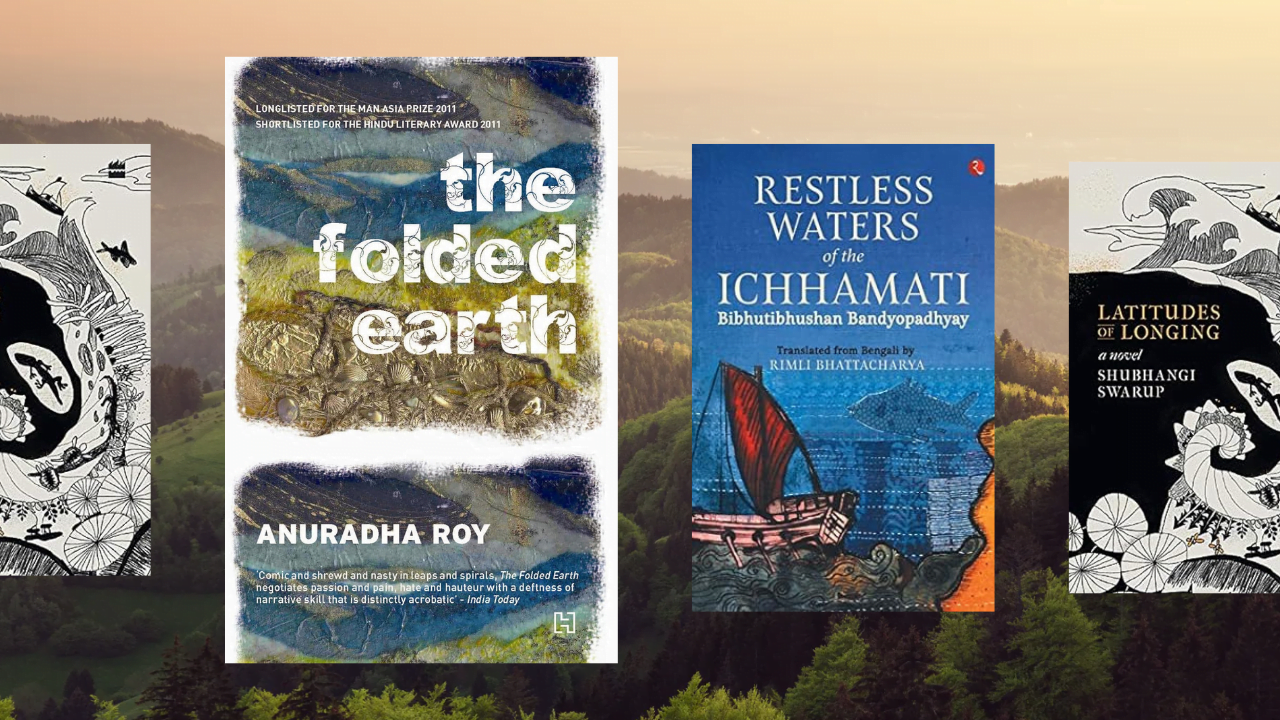Ecological fiction, or eco-fiction, is a literary genre that explores the relationship between humans and the natural environment, often highlighting the impact of human activities on the planet. Indian authors have made significant contributions to this genre, offering poignant narratives that shed light on ecological concerns and encourage readers to reflect on their connection with nature.
These works entertain and serve as a call to action, urging us to reevaluate our relationship with the environment and strive for a more sustainable future.
1. Gun Island
Amitav Ghosh’s “Gun Island” takes readers on an extraordinary journey through characters’ experiences interconnected by their shared quest for understanding the world around them. The novel explores themes of displacement, migration, and the consequences of human actions on the environment.
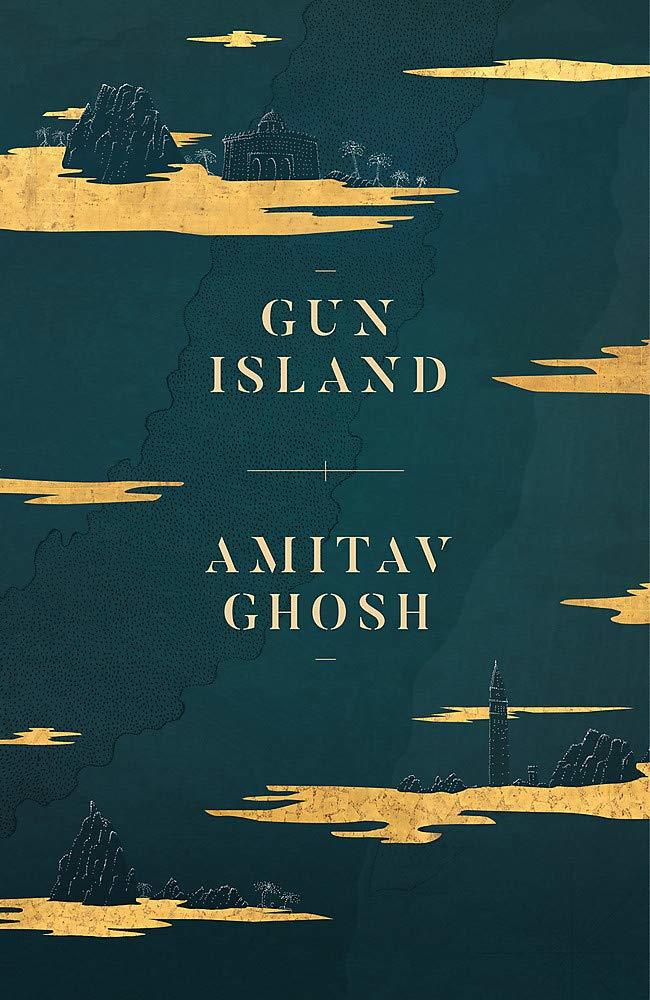
Ghosh seamlessly weaves together mythology, history, and contemporary issues, highlighting the urgent need to address the ecological crises faced by our planet. Through the lens of diverse characters, the novel offers a poignant reflection on our relationship with nature and the importance of preserving it.
2. Latitudes of Longing
“Latitudes of Longing” by Shubhangi Swarup is a sweeping, lyrical novel exploring the profound connection between humanity and the earth. The interconnected lives of characters seeking true intimacy with nature are woven together in a tapestry of stories across India. Swarup’s rich imagination and perceptive storytelling evoke a profound reverence for the natural world, inviting readers to contemplate our sacred relationship with the environment.
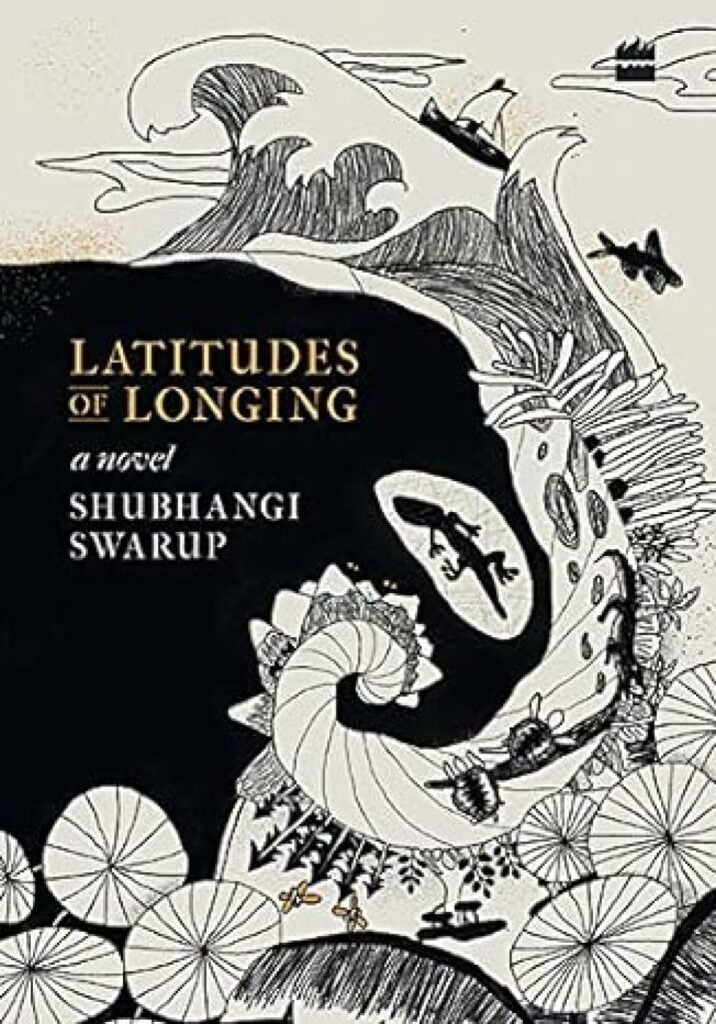
The novel celebrates the natural world’s beauty and complexity through vivid descriptions and metaphorical representations while underscoring our actions’ consequences.
3. Valli
Set in the Western Ghats of northern Kerala, “Valli” by Sheela Tomy is a tale of four generations that made the land their home. Through the lens of a diary, Tomy narrates the stories of the land and its people, exploring the interdependence between humans and nature and the exploitation and resistance that followed.
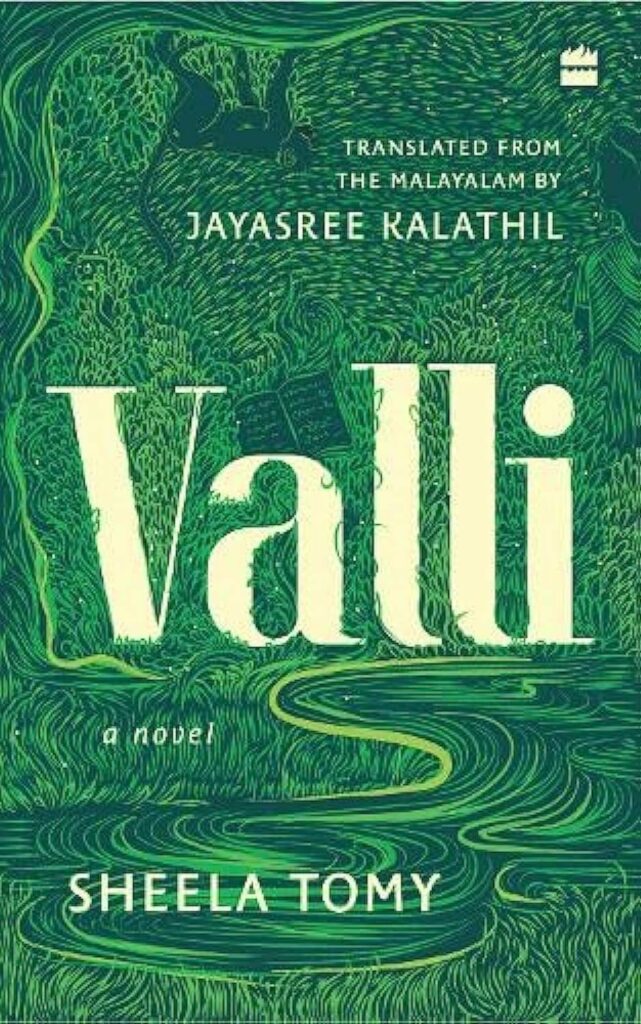
The novel highlights the impact of deforestation and industrialisation on the indigenous Adivasi communities and their way of life. Tomy’s vivid descriptions of the once-vast and magical forest are a powerful reminder of the importance of preserving our natural heritage.
4. Restless Waters of Ichhamati
“Restless Waters of the Ichhamati” by Bibhutibhusan Bandyopadhyay celebrates the flora and fauna of Bengal. Through the gaze of a slow-moving river-farer, the novel considers the vibrant plant life and traces of human habitation along the Ichhamati river’s banks.
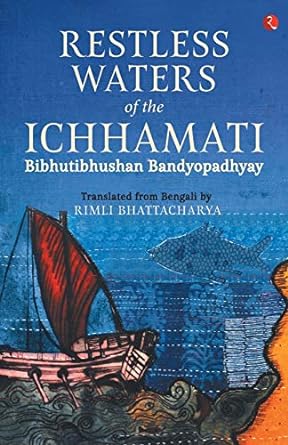
Bandyopadhyay’s poetic prose evokes the flow of time and the interconnectedness of generations with the river and its surroundings. The novel’s form, devoid of chapter breaks, mirrors the fluidity of the river’s course, inviting readers to immerse themselves in the ebb and flow of nature’s rhythms.
5. The Book of Hunter
Set in 16th-century medieval Bengal, “The Book of Hunter” by Mahashweta Devi draws on the life of the great medieval poet Kabikankan Mukundaram Chakrabarti and his epic poem “Abhayamangal.”
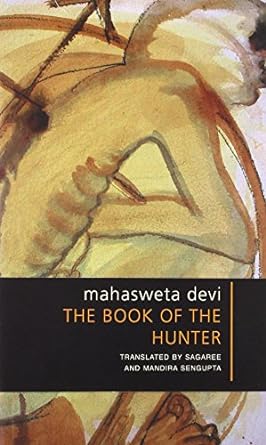
The novel delves into the lives of the Shabar hunter tribes, who lived in harmony with the forest and its environs. Devi’s vivid depictions of the hunter-gatherer communities and their intimate connection with nature offer a poignant commentary on the impact of civilisation on indigenous cultures and their natural habitats. Through the lens of these communities, the novel highlights the importance of preserving traditional ecological knowledge and practices.
6. Everything the Light Touches
Janice Pariat’s “Everything the Light Touches” is a magnificent epic that explores the interconnectedness of time, science, and human connection through the adventures and experiences of four intriguing characters. Spanning different eras and locations, the novel delves into the contrasts between modern India and its colonial past, urban and rural life, and the dichotomy between different ways of seeing the natural world.
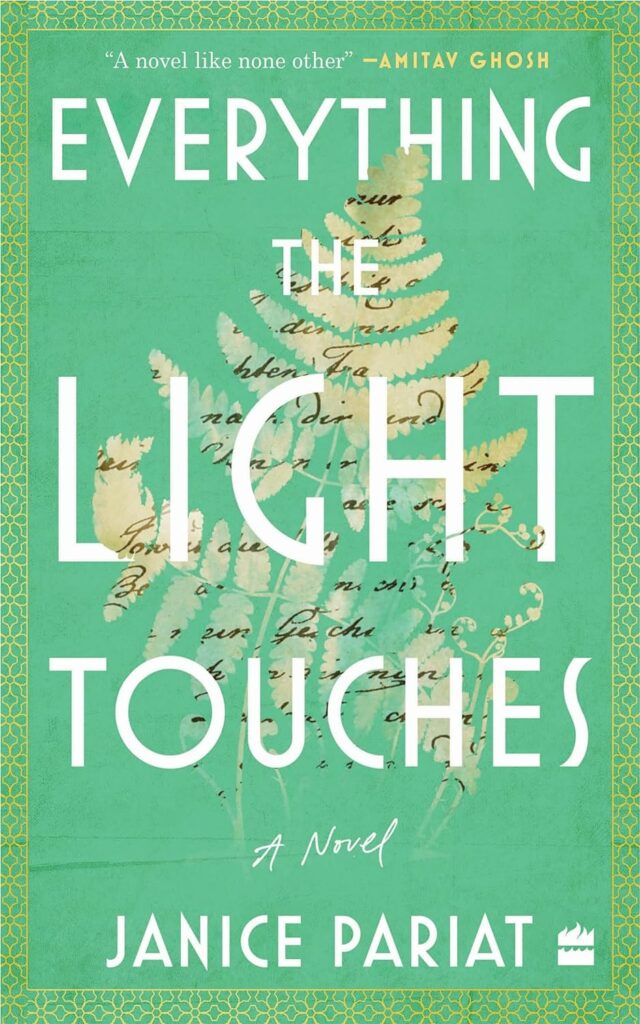
Pariat questions the human propensity to impose fixity on plants, people, and knowledge, emphasising the fluidity and constant transformation of the natural world. Through her rich storytelling, she invites readers to embrace a more holistic and fluid understanding of our relationship with nature.
7. Budhini
“Budhini” by Sarah Joseph is a powerful reimagined history that explores the bio-politics of relentless modernisation and the dangers of indifference to ecological realities.
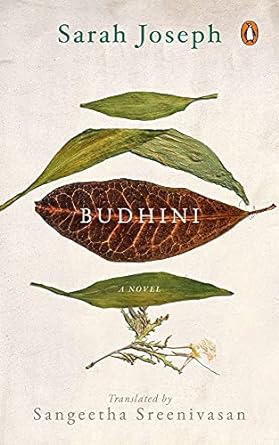
The novel centres around the story of Budhini Mejhan, a young Santal woman ostracised for her supposed “marriage” to Prime Minister Jawaharlal Nehru during the inauguration of the Panchet Dam. Joseph evokes Budhini’s story through the lens of a contemporary journalist, highlighting the uprooting of lives and the displacement of indigenous communities in the name of development. The novel serves as a poignant reminder of the human cost of environmental degradation and the importance of preserving traditional ways of life.
8. Nectar in a Sieve
“Nectar in a Sieve” by Kamala Markandaya is a beautifully eloquent story of a simple peasant woman, Rukmani, whose life is a relentless battle against poverty, droughts, monsoons, and environmental disasters. Through Rukmani’s remarkable fortitude and courage, Markandaya paints a vivid portrait of rural India’s relationship with the land and the challenges posed by environmental factors.
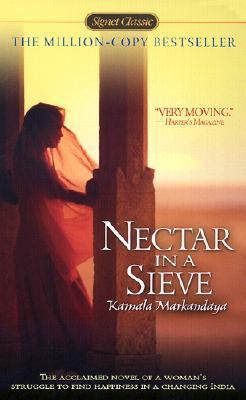
The novel is a powerful reminder of the interconnectedness between human lives and the natural world and the importance of sustainable agriculture and resource management practices. Markandaya’s poetic prose celebrates the human spirit’s resilience while underscoring our existence’s fragility within the more extensive ecological system.
9. Rising Heat
Perumal Murugan’s “Rising Heat” explores the human cost of relentless urbanisation and the loss of natural landscapes. The novel follows the life of Selvan, whose family’s ancestral land is sold to make way for a housing colony, resulting in the denudation of the once-verdant landscape of his childhood.
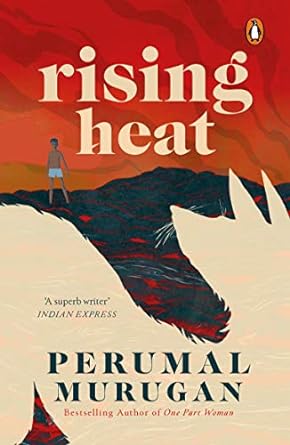
Through Selvan’s observations of his family’s shifting fortunes, Murugan poses powerful questions about the consequences of unchecked development and the displacement of communities in the name of progress. The novel serves as a cautionary tale, highlighting the importance of sustainable urban planning and the preservation of natural habitats.
10. The Folded Earth
In “The Folded Earth,” Anuradha Roy weaves an evocative tale of a young woman, Maya, who seeks refuge in a Himalayan village, only to find herself caught between the life she left behind and the new home she is determined to protect.
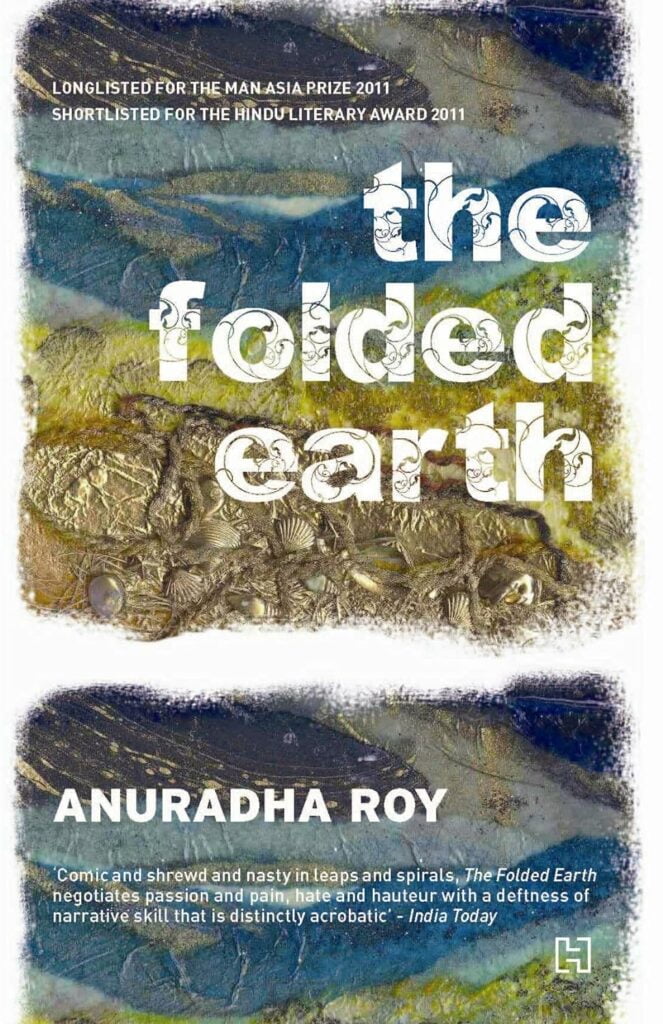
Roy’s vivid descriptions of the mountain community’s harmonious coexistence with nature are juxtaposed against the threat of power-hungry politicians who seek to exploit the region. Through Maya’s journey, Roy explores the delicate balance between human needs and environmental preservation, underscoring the importance of safeguarding our natural heritage. The novel serves as a poignant reminder of the need for sustainable solutions prioritising human well-being and ecological preservation.
Ecological fiction by Indian authors offers a poignant and thought-provoking exploration of the intricate relationship between humans and the natural world. These works entertain and serve as powerful reminders of our responsibility to preserve and protect the environment. Through vivid storytelling and rich characterisations, these authors shed light on the consequences of human actions, the displacement of indigenous communities, and the urgent need for sustainable practices.
By inviting readers to immerse themselves in these narratives, these novels have the power to inspire reflection, foster empathy, and ultimately catalyse positive change in our collective approach to environmental stewardship.
This is by no means an exhaustive or representative list. Suggestions to add to this list are welcome in the comments section.
